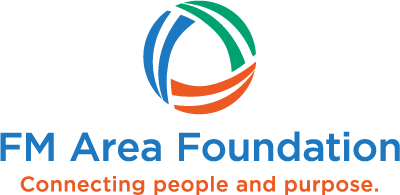The nonpartisan Joint Committee on Taxation’s report issued just a few days ago is already creating a buzz among attorneys, accountants, and financial advisors who provide charitable planning advice to their clients.
Here are four considerations as you navigate the weeks ahead and prepare for the possibility that the legislation may become law.
- Take advantage of the AGI limitations suspended by the CARES Act.
The CARES Act may seem like a very long time ago, now that sweeping tax reform could be imminent. Still, the Act contained helpful incentives for charitable giving. Instead of the usual caps, eligible taxpayers may deduct up to 100% of AGI for cash gifts made directly to qualifying charities in 2021.
- Start seeing a silver lining in capital gains tax increases.
It’s possible that the top capital gains rate could increase immediately to 25%, up from 20%, for certain high income individuals. Although there are transition provisions that would apply in some circumstances, the proposed legislation sets September 13, 2021 as its effective date. For your clients who may have been on the fence about donating highly-appreciated assets to charity, the higher tax rate (and the corresponding higher amount of tax that can be avoided) might be enough to tip the scales in favor of philanthropy.
- Consider planning for more aggressive annual giving.
Client households earning $1 million or more in annual income would see their taxes go up under the proposed legislation. The Joint Committee on Taxation indicates that this represents an increase in these households’ average federal tax rates from 30.2% to 37.3%. Other tax increases in the proposed legislation include a 3% surtax on income over $5 million and additional tax hits on business owners and business income.These high-income clients may decide to increase their annual charitable giving, effectively redirecting funds to charity that would otherwise go to taxes.
- Dust off that estate plan.
For the last few years, estate plans enjoyed more breathing room, thanks to the high estate and gift tax exemptions. For estate and gift transfers after December 31, 2021, under the proposed new law, these exemptions would return to their pre-2017 levels of $5 million (adjusted for inflation), instead of the current inflation-adjusted level of $11.7 million. The increase in taxes may prompt wealthy families to consider increasing charitable gifts and bequests to reduce their taxable estates.Some good news? As it is currently proposed, the legislation does not impact the step up in basis for capital gains tax purposes. Bad news? The legislation effectively ends the use of the grantor trust as an estate planning technique because trust assets would be pulled back into the estate at the taxpayer’s death.
The team at the community foundation is a resource and sounding board as you serve your philanthropic clients. We understand the charitable side of the equation and are happy to serve as a secondary source as you manage the primary relationship with your clients. This is provided for informational purposes only. It is not intended as legal, accounting, or financial planning advice.
“





